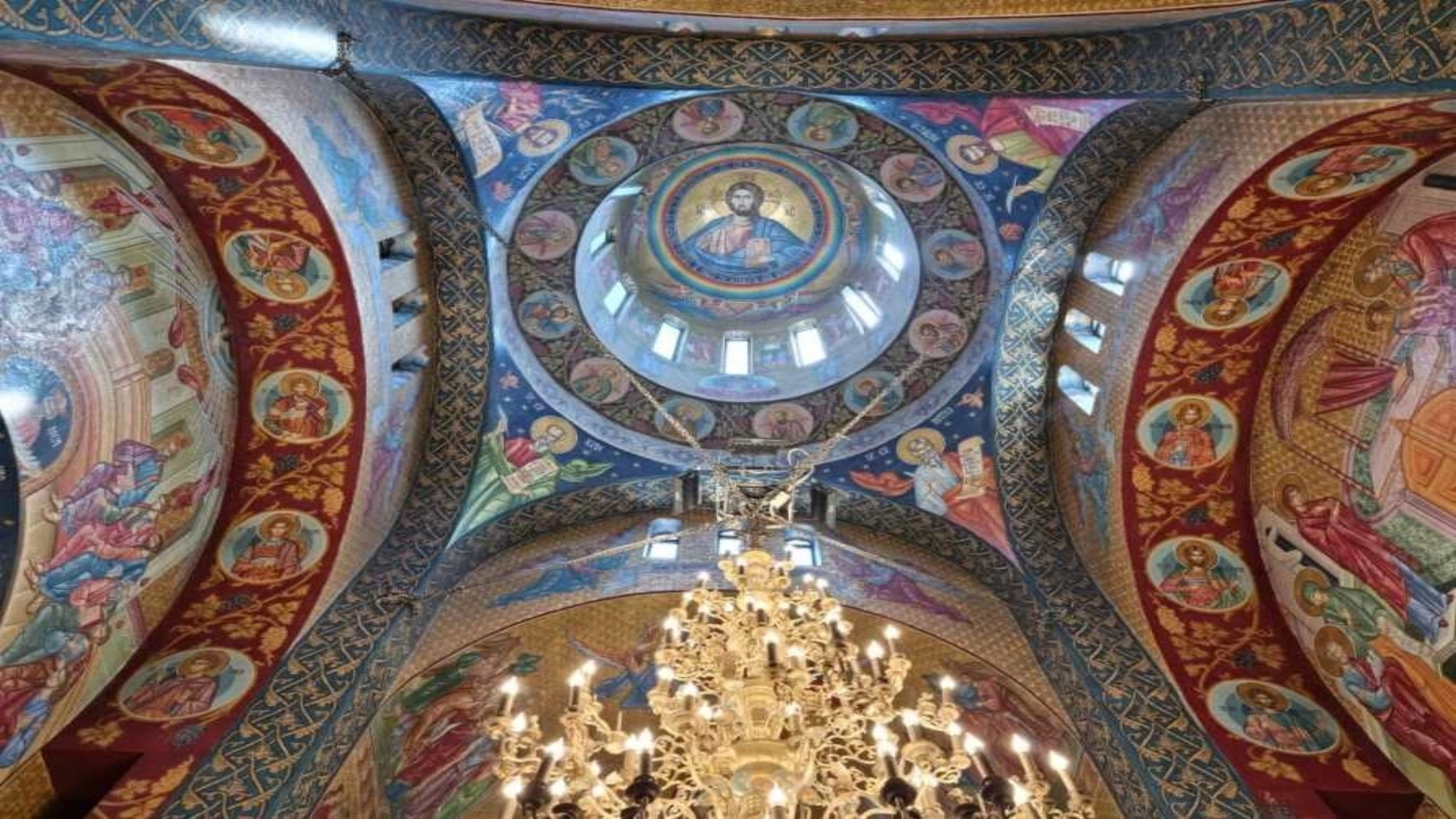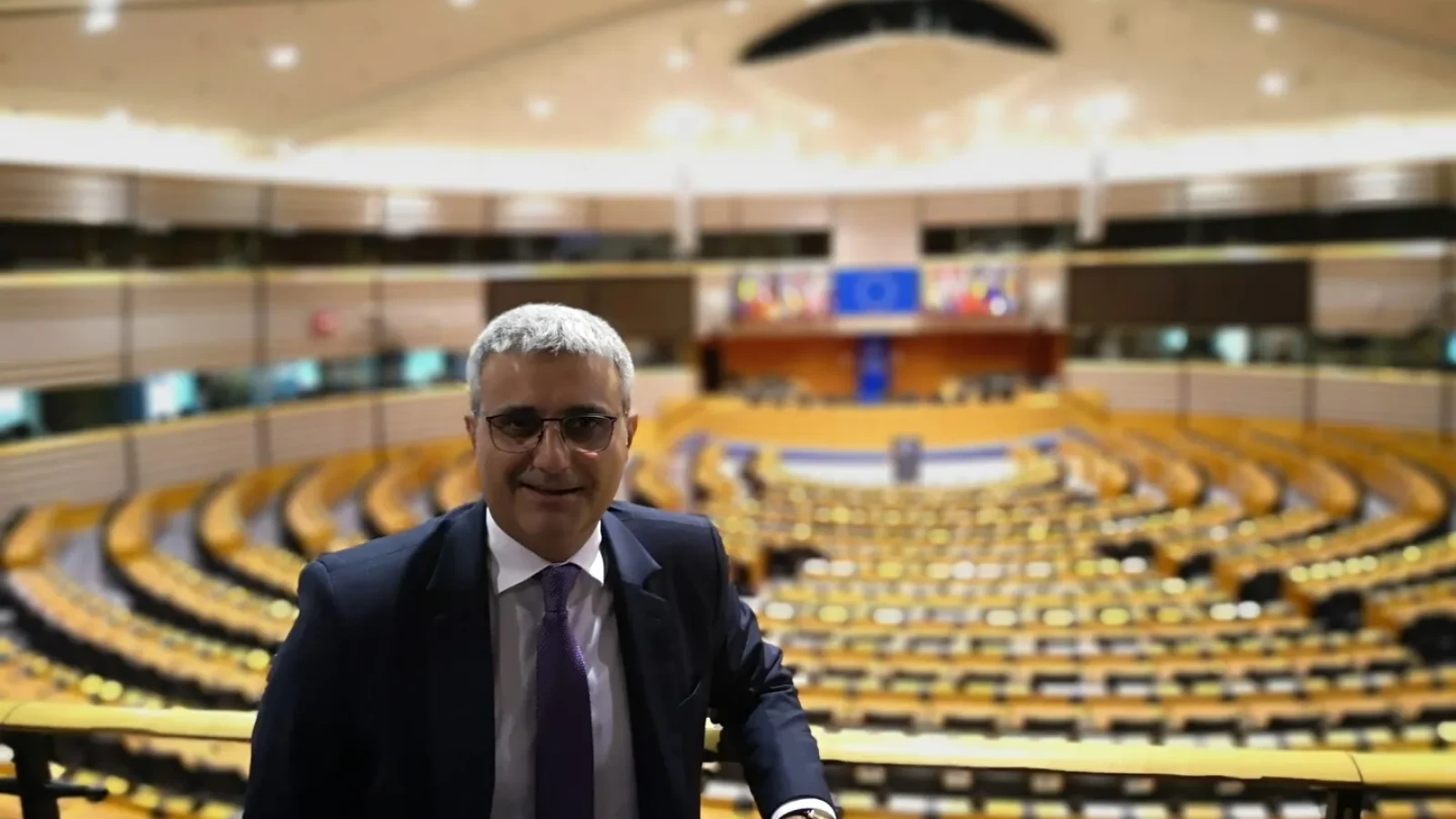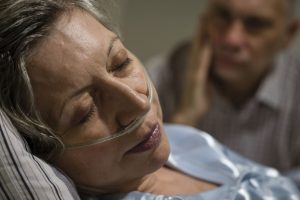During a meeting of the assembly of bishops of the Metropolis of Banat, the hierarchs studied the local arguments for glorifying the Very Rev. Protosyncellus Calistrat Bobu (†1975) and Rev. Prof. Ilarion Felea (†1961), basilica reports.
The bishops met at the metropolitan residence in Timișoara for a working session of the Metropolitan Synod of the Metropolis of Banat on September 25, 2021.
The meeting was chaired by His Eminence Metropolitan Ioan of Banat. Participants included Archbishop Timotei of Arad, Bishop Lucian of Caransebeș, Assistant Bishop Paisie of Lugoj (Timișoara Archdiocese) and Assistant Bishop Emilian of Crișana (Arad Archdiocese).
The files in favour of the canonization of the two clergymen will be forwarded to the Chancery of the Holy Synod.
Protosyncellus Calistrat Bobu from Vasiova Monastery (1900–1975) was a renowned missionary priest in Banat. He was born in Burdujeni, Suceava. He entered monastic life at Sihăstria Monastery in Neamt County. In 1942, he was sent as a missionary priest to Banat. For 33 years, Father Calistrat was a torch always burning for the monks and the faithful of Banat. For the humility and meekness of his heart, he received from God the gift of healing and casting out unclean spirits.
Father Ilarion Felea (1903-1961) was a Romanian priest known as “the spiritual father of youth” in Arad. In 1938, he was appointed professor at the dogmatics and apologetics department of the Arad theological academy, where he taught until it was shut down in 1948. The communist regime sentenced him to 20 years in prison for “intense activity against the working class and the revolutionary movement”. The official reason was that he did not preach the so-called “fight for peace.” Initially held at Gherla prison, he was taken to Aiud, where he died in 1961. The cause of death was a rapidly progressing colon cancer left untreated; he was buried in a common grave for prisoners.
































Comentează